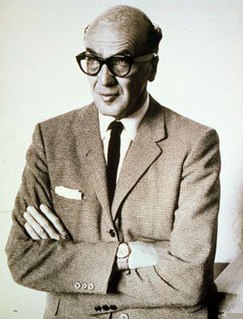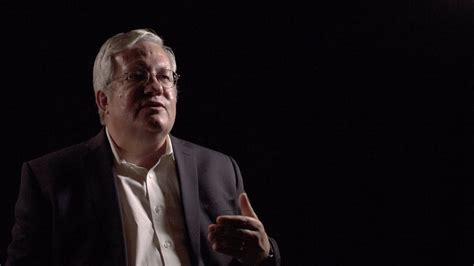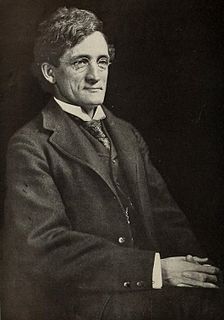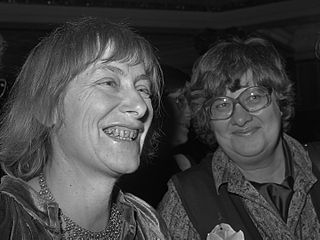A Quote by Pope Francis
As stewards of God's creation, we are called to make the earth a beautiful garden for the human family.
Related Quotes
Our time on earth and our energy, intelligence, opportunities, relationships, and resources are all gifts from God that he has entrusted to our care and management. We are stewards of whatever God gives us. This concept of stewardship begins with the recognition that God is the owner of everything and everyone on earth. ... We never actually own anything during our brief stay on earth. God just loans the earth to us while we're here. It was God's property before you arrived, and God will loan it to someone else after you die.
The Earth is indeed a precious gift of the Creator who, in designing its intrinsic order, has given us bearings that guide us as stewards of his creation. Precisely from within this framework, the Church considers matters concerning the environment and its protection intimately linked to the theme of integral human development.
The annual World Day of Prayer for the Care of Creation will offer individual believers and communities a fitting opportunity to reaffirm their personal vocation to be stewards of creation, to thank God for the wonderful handiwork which he has entrusted to our care, and to implore his help for the protection of creation, as well as his pardon for the sins committed against the world in which we live.
All things are created twice. All things. Vision is the first creation. For a house it's called the blueprint. For a life it's called a mission. For a day it's called a goal and a plan. For a parent it's called a belief in the unseen potential of a child. For all, it is the mental creation which always precedes the physical, or second, creation.
All fundamentalist theologians make the ordinances of creation an essential part of creation and absolutize them. Women belong at home, fulfil their life through motherhood, by caring for their husbands and serving them. The fixed role pattern of one particular economic and family order is transformed into an order willed by God and given by creation. With a methodologically similar logic, slaves were understood as those elected by God to serve the whites.
God build’s God’s kingdom. But God ordered this world in such a way that His own work within that world takes place through the human beings that reflect His image. That is central to the notion of being made in God’s image. He has enlisted us to act as His stewards in the project of creation. So the objection about us trying to build God’s kingdom by our own efforts, though it seems humble and pious, can actually be a way of hiding from responsibility, of keeping one’s head well down when the boss is looking for volunteers.



































